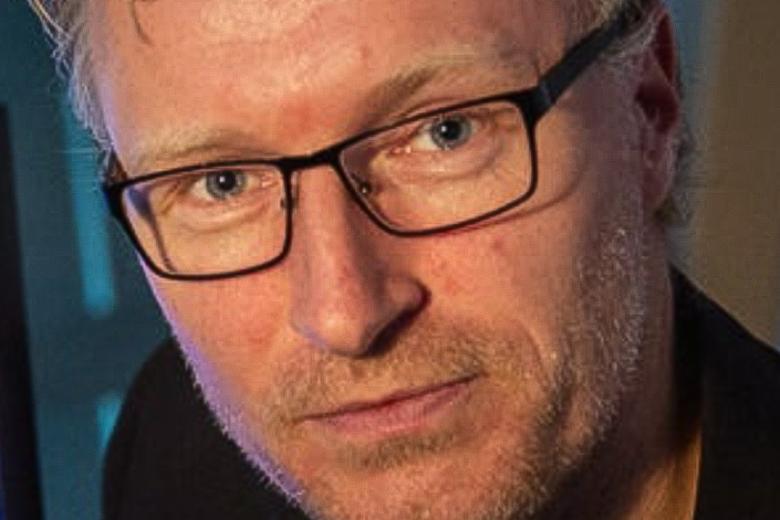Maastricht University 6th in SustainaBul ranking
Starting in 2012, the SustainaBul (which is a pun, as a ‘bul’ is the degree you receive when graduating from university) has ranked the sustainability of the Dutch higher education institutions. The ranking is organised every year by Studenten voor Morgen, a Dutch student initiative. Participating institutions have to fill out a questionnaire to assess the sustainability level of their research, education, business management and integral approach. This month the results from the ranking of 2019 were presented.
How did UM do?
In this years’ ranking 16 Dutch higher education institutions took part. Maastricht University ended up at place 6, three places higher than last year. For the ranking five questions were answered regarding education, three on research and ten on operations. Furthermore for the first time, universities had to hand in three best practices in which all three of these disciplines are combined. Sustainabul wants to move from a ranking system to a knowledge-sharing platform in this way. Hence, the ranking itself is not the main purpose anymore. But the ranking does help us to see where we can still improve!
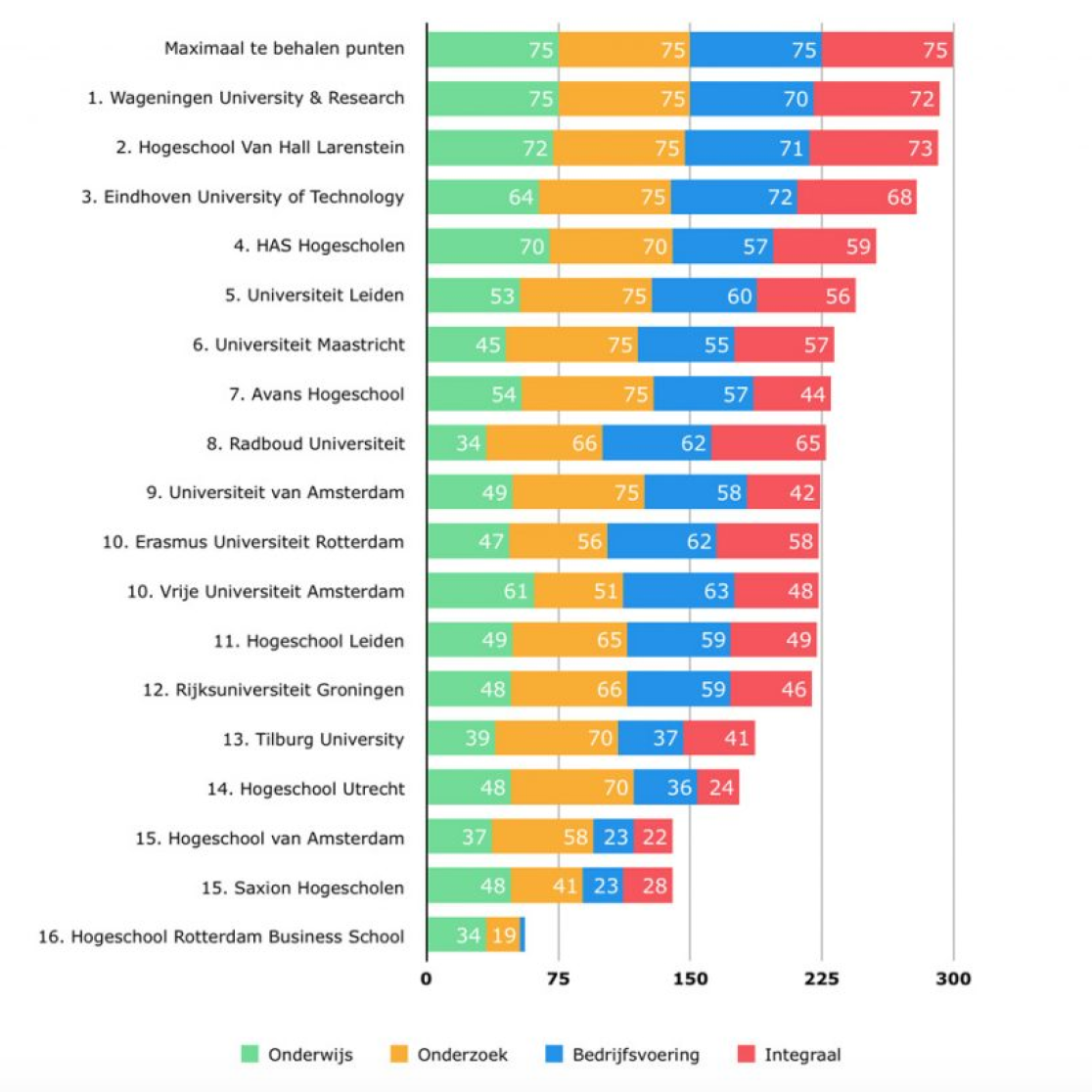
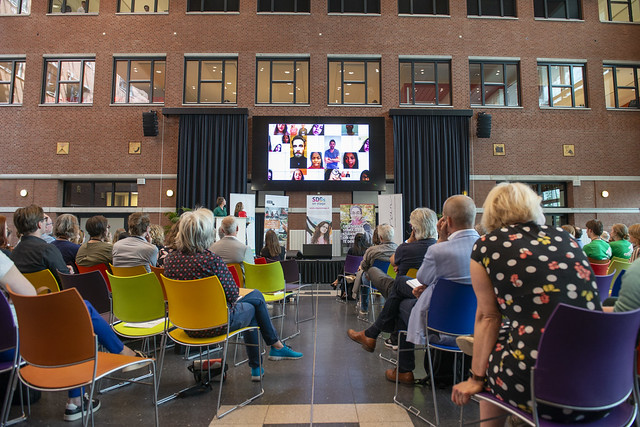
Education
Sustainabul gives credits for having mandatory courses on sustainability within all programmes. This is not the case at UM, hence we got less points on this topic. Recently, we did improve the visibility of all the sustainability courses offered by UM. Also, UM is now developing a UM-wide sustainability minor. If you are a bachelor student, you can help us develop this minor by filling in a 5 minute survey. The minor is meant to be a step towards incorporating sustainable development in all programmes eventually.
Research
For research we got the maximum amount of points, because of our many interdisciplinary research projects on sustainability in which several faculties are involved. We have sustainability research institutes such as ICIS and Sustainable Development at SBE.
Operations
Regarding operations we have made major improvements in the food department: there are a lot more vegetarian and vegan options on offer. What we need to work on, is making the CO2 footprint of UM more transparant. Currently we are creating a UM-wide energy vision what gives us a goal to work towards. We are also discussing our footprint via aviation by UM employees.
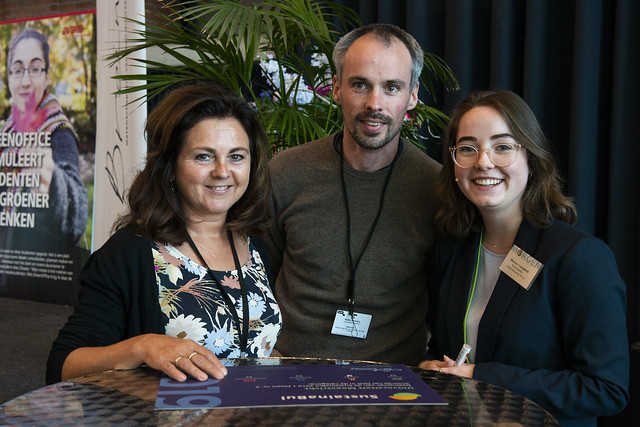
Best practices
- In 2018 the Sustainable UM2030 programme has started: a multidisciplinary taskforce with members from all over the UM that works closely together with UM Green Office. This programme entails a holistic view of sustainable development combining education, research and operations.
- Green Impact was launched during the past academic year to create awareness among UM staff. Lots of staff-student teams worked hard on making operational management at UM more sustainable. Participants were very enthusiastic so we have decided to continue Green Impact next year, with more options to work on broader topics as well.
- At the redevelopment of the Tapijn area both the health & wellbeing of its visitors and of the area is taken into account. For example, LED lighting, CO2-controlled ventilation, isolation, energy and water use, waste processing, etc. are being considered. Furthermore, Tapijn will be designed as a living lab, so it can be used as a research subject.
Hence, to be ranked higher next year in SustainaBul, UM has still a lot of work to do. Of course ending up high in the ranking is not the main goal, but it is a great opportunity to see where we can improve and to learn from other institutions. Do you want to discuss sustainability with us? Then put your comment or question up on the intranetgroup Sustainable UM2030. Unfortunately, it is not accesible for students yet.
Also read
-
Jolijn: “During the day I study medicine. In the evening, I am on stage singing and dancing”
During the opening of the academic year, Jolijn van Vugt was singing and dancing on stage at Theater aan het Vrijthof. As a performer, to be precise. The 21-year-old medical student manages to combine her studies with singing and dancing at an advanced level. She dances at the Oxygen dance school in...

-
Globalisation & Law Network seminar with Damian Chalmers
On 4 November 2025, the Globalisation & Law Network had the honour of welcoming Prof. Damian Chalmers to discuss his paper “The EU’s Governing by Legal Shadows”.
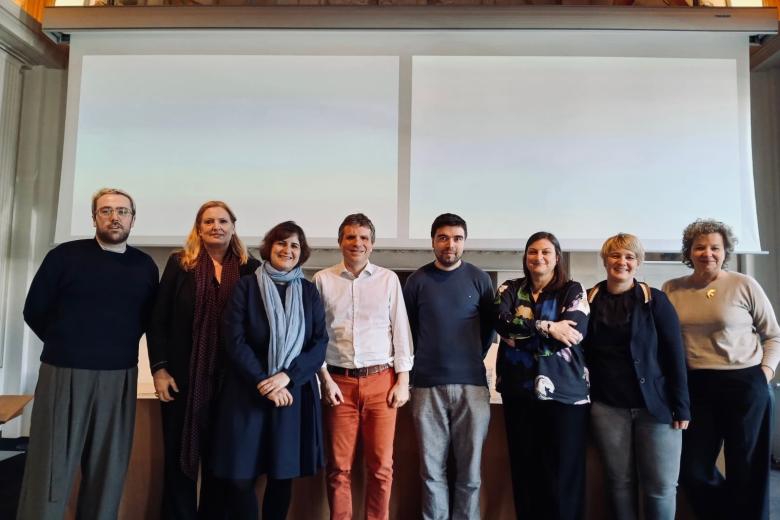
-
Moles in your living room: using augmented reality in neurorehabilitation
How can you use digital moles to help patients with Parkinson's? Melvyn Roerdink explains.
